The Maisha film series places a strong emphasis upon independent learning and the empowerment of young people and women. ‘Maisha: Choices’ contains interviews from many contemporary Afrikan cultural and educational workers and explores themes such as cults, rites of passage, traditional spirituality and continuing oppression.
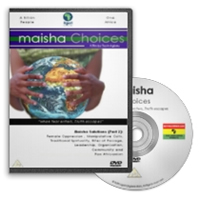
Cults rightly challenges a propaganda documentary broadcast in the UK by Channel 4 called ‘Christian Cults in Africa’. Healing is at the heart of Afrikan people’s spirituality yet we have been continually exploited by the lie of Christianity, which has to stop. What is significant is the spiritual warfare Afrikans need to face up to. We also need to emphasise the value of embracing life held for centuries by Afrikans. Long before the present western mindset for destruction began ‘Maisha: Choices’ exposes the way children have been targeted in some African communities and abused for being witches, another lie, Toyin has contributed to telling our story.
Rites of passage discusses the value Afrikans throughout the world have for communities, and the individuals within those communities. We need to create spaces to transmit the lost ancient ways. As Sis Affiong states knowledge is the ability to articulate and understand issues and systems of oppression in place to then be able to overcome them. Though not a cure-all rites of passage allows an Afrikan focus and framework for children and adults to link into. Spirit looks at the purpose of inner soul force, as Afrikans we won’t forget our way. It contrasts the nonsense of waiting for a messiah. It also questions how, as recently as 2009, a religion can face a court case in Ireland about the wholesale physical and sexual abuse of thousands of children by priest and nuns and still claim authority over anyone.
Important archive footage is included in the section on Leadership, such as Patrice Lumumba’s Independence speech. Different leadership styles are discussed; grassroots group action, women leaders like the Amazons of Dahomey, Jonas Savimbi, Sekou Toure and the impact of Fela Kuti as seen in ‘Music is the Weapon’. Meanwhile, Sis Affiong poses the question to all of us - what is your contribution to the founding and development of an equitable, just and sustainable society?
Written by Kubara Zamani & Usiniache Kimathi

External Links
Order: Maisha Choices

DVD: Maisha Choices
Rites of passage discusses the value Afrikans throughout the world have for communities, and the individuals within those communities. We need to create spaces to transmit the lost ancient ways. As Sis Affiong states knowledge is the ability to articulate and understand issues and systems of oppression in place to then be able to overcome them. Though not a cure-all rites of passage allows an Afrikan focus and framework for children and adults to link into. Spirit looks at the purpose of inner soul force, as Afrikans we won’t forget our way. It contrasts the nonsense of waiting for a messiah. It also questions how, as recently as 2009, a religion can face a court case in Ireland about the wholesale physical and sexual abuse of thousands of children by priest and nuns and still claim authority over anyone.
Important archive footage is included in the section on Leadership, such as Patrice Lumumba’s Independence speech. Different leadership styles are discussed; grassroots group action, women leaders like the Amazons of Dahomey, Jonas Savimbi, Sekou Toure and the impact of Fela Kuti as seen in ‘Music is the Weapon’. Meanwhile, Sis Affiong poses the question to all of us - what is your contribution to the founding and development of an equitable, just and sustainable society?
Written by Kubara Zamani & Usiniache Kimathi

External Links
Order: Maisha Choices
Ligali is not responsible for the content of third party sites
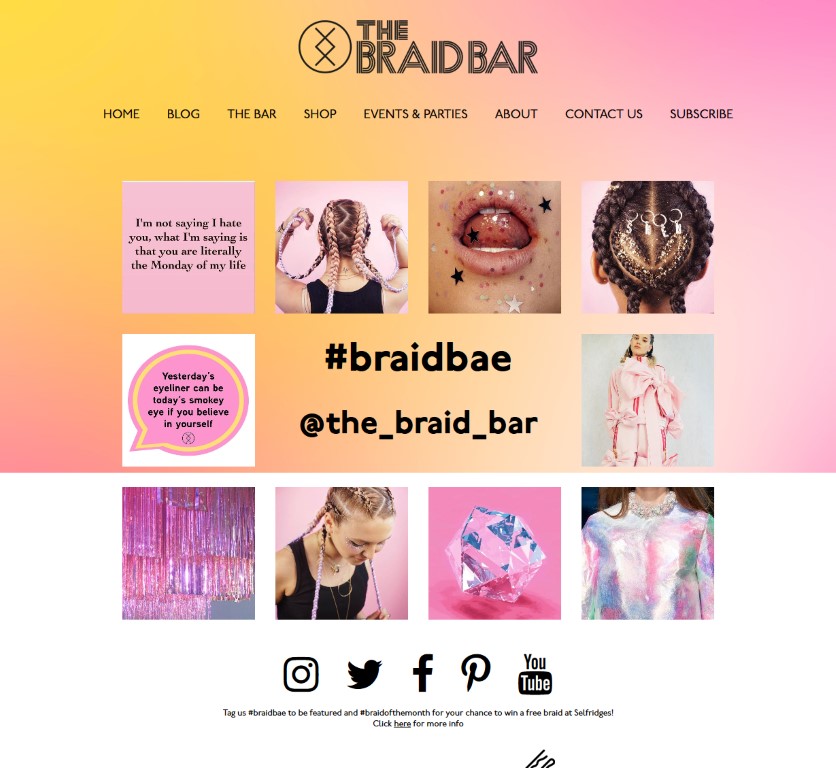
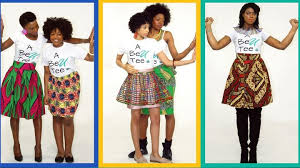
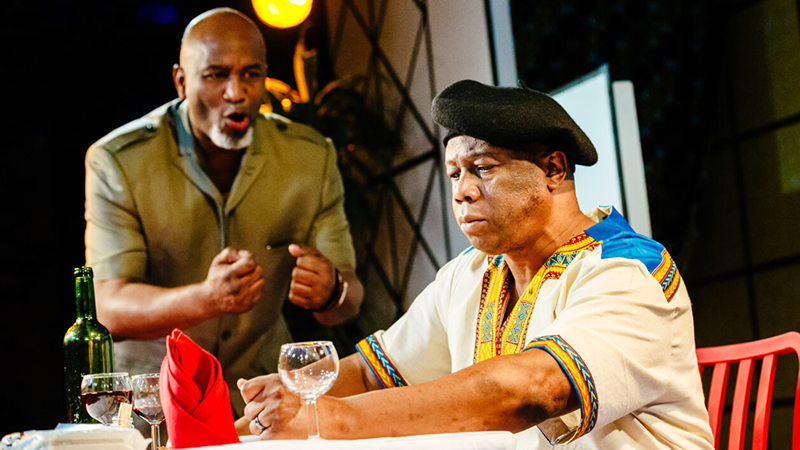
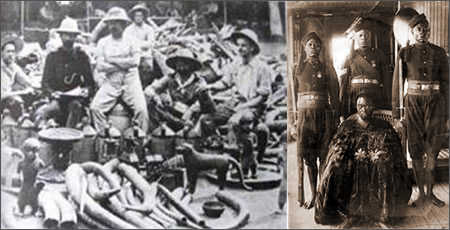
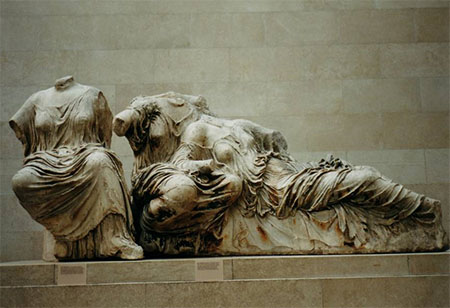
Get involved and help change our world